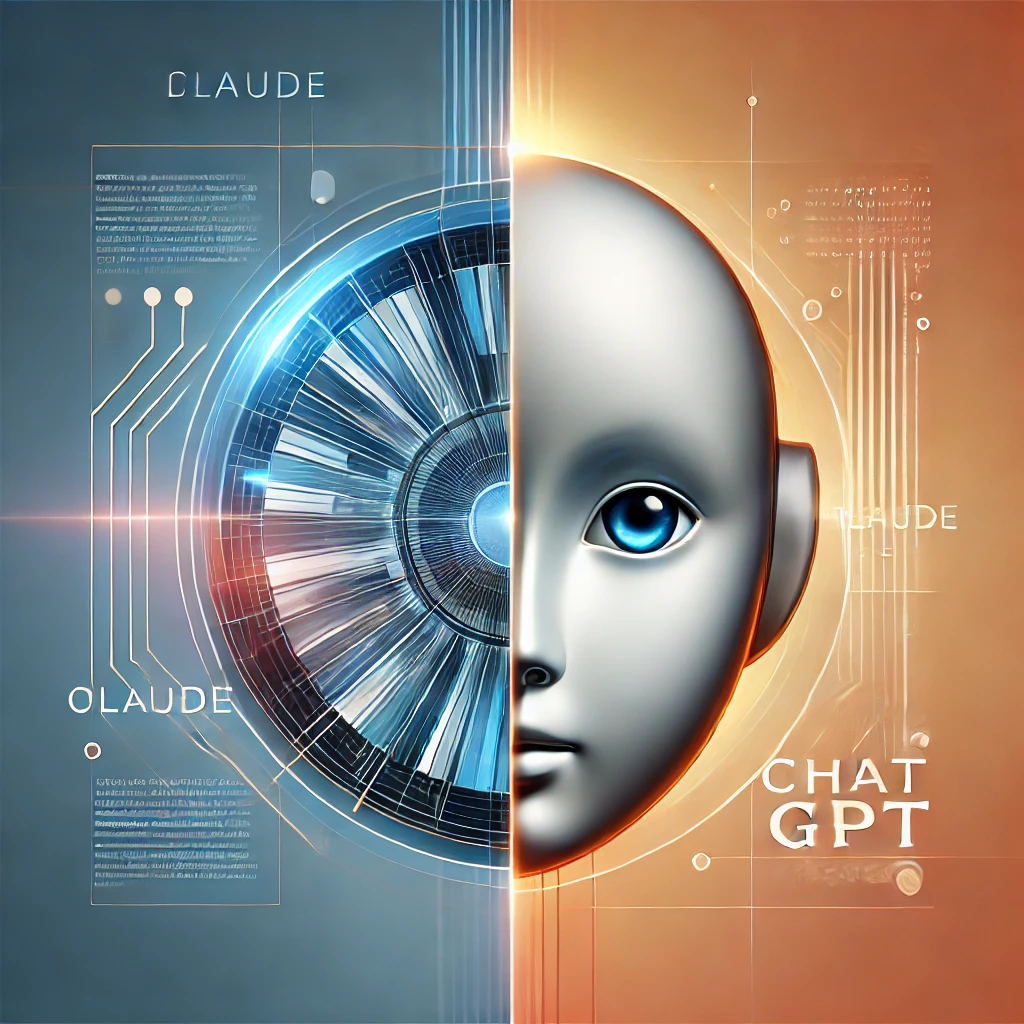The rapid evolution of AI language models has sparked significant interest and competition among tech giants. Among the most prominent models are OpenAI’s ChatGPT-4o and Anthropic’s Claude. Both models represent the forefront of artificial intelligence in natural language processing (NLP) but excel in different areas. This blog post delves into a comparative analysis of these two models, highlighting their strengths, weaknesses, and the fields where they perform best.
Overview of ChatGPT-4o
OpenAI’s ChatGPT-4o builds upon the legacy of its predecessors, pushing the boundaries of what AI can achieve in understanding and generating human-like text. It is known for its extensive training on diverse datasets, which allows it to perform a wide range of tasks, from answering questions and writing essays to creative storytelling and coding assistance.
Key Features of ChatGPT-4o:
- Enhanced Language Understanding: ChatGPT-4o is trained on a broad dataset, allowing it to grasp nuanced meanings, context, and idiomatic expressions better than previous versions.
- Multimodal Capabilities: Unlike earlier models, ChatGPT-4o can process and generate both text and images, making it versatile for applications requiring a combination of media.
- Code Generation: ChatGPT-4o excels in helping developers by generating, debugging, and explaining code snippets in various programming languages.
- Creativity: It is particularly strong in creative writing tasks, generating poetry, stories, and even music lyrics with a high degree of coherence and originality.
Overview of Claude
Anthropic’s Claude is another powerful AI model designed with a strong emphasis on safety, reliability, and interpretability. While it is also capable of performing a wide range of NLP tasks, its development is rooted in making AI behavior more predictable and aligning it with human values.
Key Features of Claude:
- Focus on Safety: Claude is designed with advanced safety mechanisms to reduce harmful outputs, making it more suitable for applications where ethical considerations are paramount.
- Interpretability: Claude is engineered to provide explanations for its decisions, making it easier for users to understand why it generates certain outputs, which is particularly useful in sensitive domains like law or healthcare.
- Consistency and Reliability: Claude excels in maintaining consistency over long conversations, making it ideal for tasks requiring sustained interaction, such as customer support or tutoring.
- Ethical AI: Anthropic has emphasized developing Claude with principles that prioritize the ethical implications of AI, aiming to minimize biases and avoid generating harmful content.
Head-to-Head Comparison
When comparing ChatGPT-4o and Claude, it’s essential to consider the specific use cases and the strengths of each model.
| Feature | ChatGPT-4o | Claude |
|---|---|---|
| Language Understanding | Advanced, nuanced understanding | Strong, with a focus on ethical output |
| Multimodal Capabilities | Yes (text and image) | Primarily text-based |
| Code Generation | Excellent | Competent, but not a primary focus |
| Creativity | High (storytelling, poetry, etc.) | Good, but with a focus on consistency |
| Safety & Ethics | Strong, but with fewer safeguards than Claude | Exceptional, designed with ethical AI in mind |
| Interpretability | Limited (focused on performance) | High, with explanations for outputs |
| Use Case Suitability | Versatile, suitable for a wide range of tasks | Best for applications requiring ethical rigor and consistency |
Which Model is Best in Which Fields?
- Creative Writing and Content Generation: ChatGPT-4o stands out in this domain. Its ability to generate diverse and engaging content, whether it’s an article, a story, or a poem, makes it the go-to model for creative projects.
- Programming and Code Assistance: ChatGPT-4o again takes the lead. Its proficiency in multiple programming languages and the ability to assist with coding tasks is unparalleled, making it invaluable for developers.
- Ethically Sensitive Domains (Healthcare, Law, Education): Claude is the preferred choice here. Its emphasis on safety, consistency, and interpretability ensures that it generates outputs that are not only accurate but also ethically sound, reducing the risk of harm in critical areas.
- Customer Support and Tutoring: Claude excels in maintaining coherence and reliability over long conversations, making it ideal for roles that require sustained interaction and clear explanations.
- General Knowledge and Q&A: Both models perform well, but ChatGPT-4o might have a slight edge due to its broader training data and more nuanced understanding of context.
Conclusion
The choice between OpenAI’s ChatGPT-4o and Anthropic’s Claude depends largely on the specific needs of the user. ChatGPT-4o is a powerhouse for creative tasks, coding, and broad knowledge-based queries. In contrast, Claude shines in ethically sensitive applications where safety, consistency, and transparency are crucial.
As AI continues to evolve, the distinction between these models will likely blur, but for now, selecting the right model hinges on understanding their unique strengths and aligning them with the task at hand.
References:
- OpenAI’s ChatGPT-4o openai.com/research” rel=”nofollow noopener” target=”_blank”>External Link ↗
- Anthropic’s Claude External Link ↗
[SEO optimized]
